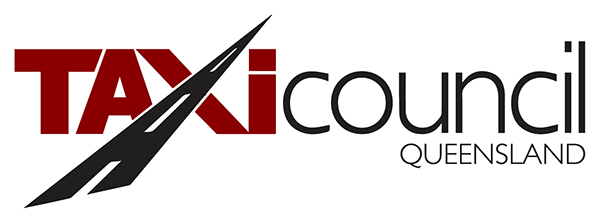8/03/2020
People who have travelled from a country or region that is at high or moderate risk for
COVID-19 should monitor their health closely. If you develop symptoms including a fever and cough you should isolate yourself immediately and urgently seek medical attention. Go to www.health.gov.au/covid19-travellers for the list of at-risk countries.
People who think they may have been in close contact with a confirmed case of coronavirus, should also monitor their health and seek urgent medical attention.
This information sheet should be read in conjunction with the ‘What you need to know’ and ‘Isolation guidance’ information sheets at www.health.gov.au /covid19-resources
Advice to drivers of public transport
Drivers of public transport, including taxis, ride-hail services, trains, buses and trams, are advised specific requirements are in place for people who have travelled from a country or region that is at high or moderate risk for COVID-19, or think may they have been in close contact with a confirmed case of coronavirus. Go to www.health.gov.au/covid19-travellers for the list of
at-risk countries and isolation requirements.
What you need to know
- You do not need to wear a mask if you are healthy.
- Any passenger with a suspected case of coronavirus, or who has travelled through an
at-risk country has been advised to wear a surgical mask to prevent spreading the virus. - Once passengers have disembarked and the journey is complete, you are not required to take any further measures.
- You should employ standard cleaning practices at the end of each shift, as part of good hygiene practice.
- In the event of a passenger spreading droplets (such as sneezing, coughing or vomiting), clean surfaces with appropriate disinfectant wipes so that the potential spread of infection can be minimised.
Advice to passengers using public transport
Specific requirements are in place for people who have travelled from a country or region that is at high or moderate risk for COVID-19, or think they may have been in close contact with a confirmed case of coronavirus. Go to www.health.gov.au/covid19-travellers for the list of at-risk countries and isolation requirements.
A guide to home isolation is available at www.health.gov.au/covid19-resources
Travelling to your isolation location
Wherever possible, if you need to travel to your location for isolation (for example, travelling from the airport), you are advised to use a personal mode of transport, such as a car, to minimise exposure to others.
If you need to use public transport (e.g. taxis, ride-hail services, trains, buses and trams), you must take the following precautions:
- Wear a surgical mask, if available
- Avoid direct contact with other passengers, drivers and transport staff
- Practise good hand hygiene and cough/sneeze hygiene:
- wash your hands frequently with soap and water, before and after eating, and after going to the toilet
- cover your cough and sneeze, dispose of tissues, and use alcohol-based hand sanitiser
- and if unwell, avoid contact with others (stay more than 1.5 metres from people).
More information
While coronavirus is of concern, it is important to remember that most people displaying symptoms such as fever, cough, sore throat or tiredness are likely suffering with a cold or other respiratory illness—not coronavirus
For the latest advice, information and resources, go to www.health.gov.au
Call the National Coronavirus Health Information Line on 1800 020 080. It operates 24 hours a day, seven days a week. If you require translating or interpreting services, call 131 450.
The phone number of your state or territory public health agency is available at www.health.gov.au/state-territory-contacts
If you have concerns about your health, speak to your doctor.
